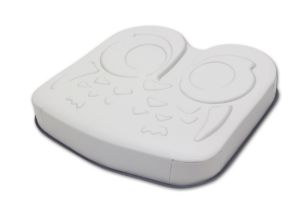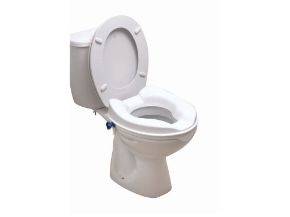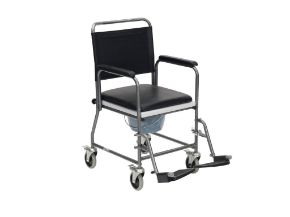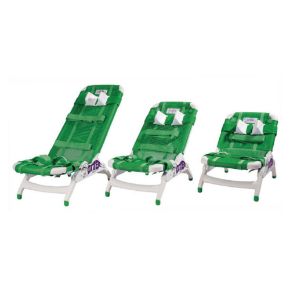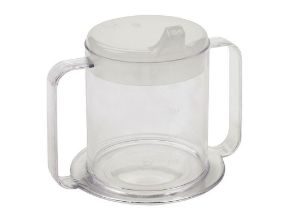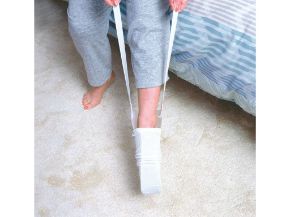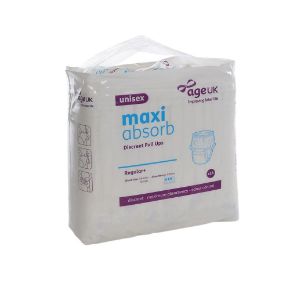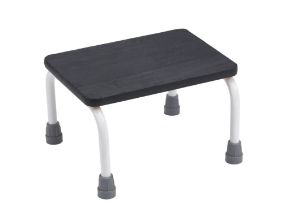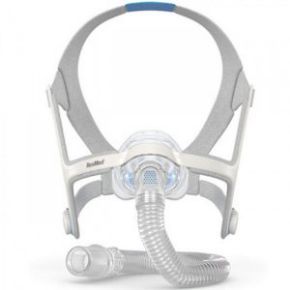 (900 x 713 px)_900.jpeg)
RSV, flu and Covid are working their way through the country.
The perfect storm, as described by some health officials, is causing chaos across all areas of the health service.
Hand hygiene is a critical aspect of preventing the spread of germs and illnesses. Here are 5 ways to practice good hand hygiene:
1. Wash your hands with soap and water: This is the most effective way to remove dirt, germs, and bacteria from your hands. Wet your hands, apply soap, and scrub your hands together for at least 20 seconds. Be sure to scrub the backs of your hands, between your fingers, and under your nails. Rinse your hands well and dry them with a clean towel or air dryer.
2. Use an alcohol-based hand sanitiser: If soap and water are not available, an alcohol-based hand sanitiser can be used as an alternative. The alcohol in the sanitiser will kill germs and bacteria on your hands. However, it's important to note that hand sanitisers do not work as well when hands are visibly dirty or greasy.
3. Avoid touching your face: Germs can easily enter your body through your eyes, nose, and mouth, so it's important to avoid touching your face as much as possible.
4. Keep your hands clean: Avoid contaminating your hands with germs by avoiding close contact with people who are sick, and by staying away from common sources of germs like doorknobs, handrails, and shopping carts.
Number 5 may seem like an odd addition to the list but it’s a nod to the fact that the healthier you are, the better placed you are to fight off illness.
5. Practice good hygiene in general: You can lower your risk of getting sick by doing things like eating healthy foods, getting enough sleep, and avoiding smoking.
It's important to remember that hand hygiene is essential for preventing the spread of germs and illnesses, and it's something that should be practiced on a regular basis.



